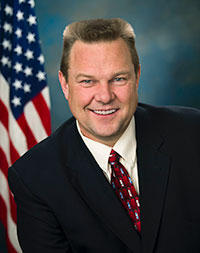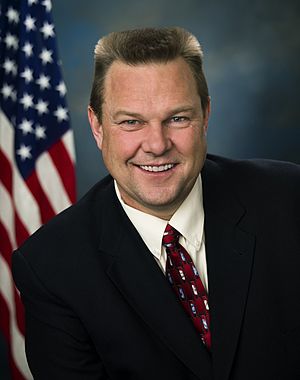Montana Sen. Jon Tester has sent a letter to FCC Chairman Julius Genachowski, asking that plans for encouraging broadband growth in America do not harm programs that are already in place specifically to help rural areas. He is concerned primarily with the Universal Service Fund, which the Montana Democrat says has “a long history of successful investments in rural telephone systems.” The FCC’s proposed broadband plan would phase out portions of the USF.
Below is the letter Tester sent to Genachowski:
The Honorable Julius Genachowski
Chairman
Federal Communications Commission
445 12th Street, SW
Washington, D.C. 20554Dear Chairman Genachowski:
We write to you regarding the FCC’s current efforts to reform the Universal Service Fund and intercarrier compensation system. We support modernizing these programs, including making them more accountable and broadband-focused to meet the goal of providing affordable and comparable communications service to all Americans. However, we also encourage the development of a support mechanism framework that does not jeopardize current or hamper future private sector and federal lending program investment.
Over the last three decades, communications carriers in rural areas have invested millions of dollars in communications networks supported not only by universal service, but also by private investment and federal telecommunications and broadband loan programs. As part of the ongoing reform effort, the FCC now proposes a number of new program restraints, benchmarks and formulas intended to make universal service more efficient and implement a new intercarrier compensation system. Telecommunication providers will be expected to adapt and manage their investments and businesses to those new standards and rules. Consequently, we believe these reform proposals must strike a balance to protect the investments that have already occurred and the need to overhaul the programs.
We believe strongly robust broadband networks will lead to increased adoption, job creation and economic opportunity. However, as the regulatory reform effort moves forward, we must also ensure new rules and regulations do not have unintended consequences and hamper our investment in our rural communities. Thus, we request that you seriously consider these concerns.
We look forward to working with you to address these matters.
Related articles
- Court dismisses challenges to Internet neutrality rules (seattletimes.nwsource.com)


